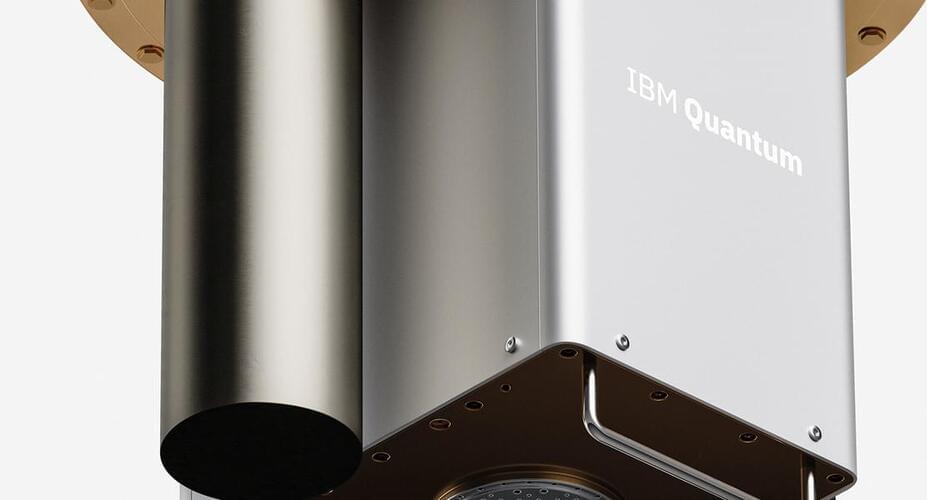Some of these problems are as simple as factoring a large number into primes. Others are among the most important facing Earth today, like quickly modeling complex molecules for drugs to treat emerging diseases, and developing more efficient materials for carbon capture or batteries.
However, in the next decade, we expect a new form of supercomputing to emerge unlike anything prior. Not only could it potentially tackle these problems, but we hope it’ll do so with a fraction of the cost, footprint, time, and energy. This new supercomputing paradigm will incorporate an entirely new computing architecture, one that mirrors the strange behavior of matter at the atomic level—quantum computing.
For decades, quantum computers have struggled to reach commercial viability. The quantum behaviors that power these computers are extremely sensitive to environmental noise, and difficult to scale to large enough machines to do useful calculations. But several key advances have been made in the last decade, with improvements in hardware as well as theoretical advances in how to handle noise. These advances have allowed quantum computers to finally reach a performance level where their classical counterparts are struggling to keep up, at least for some specific calculations.
